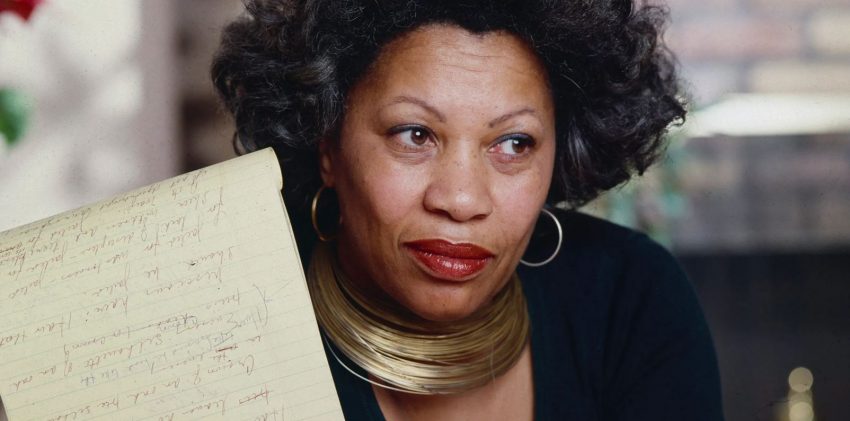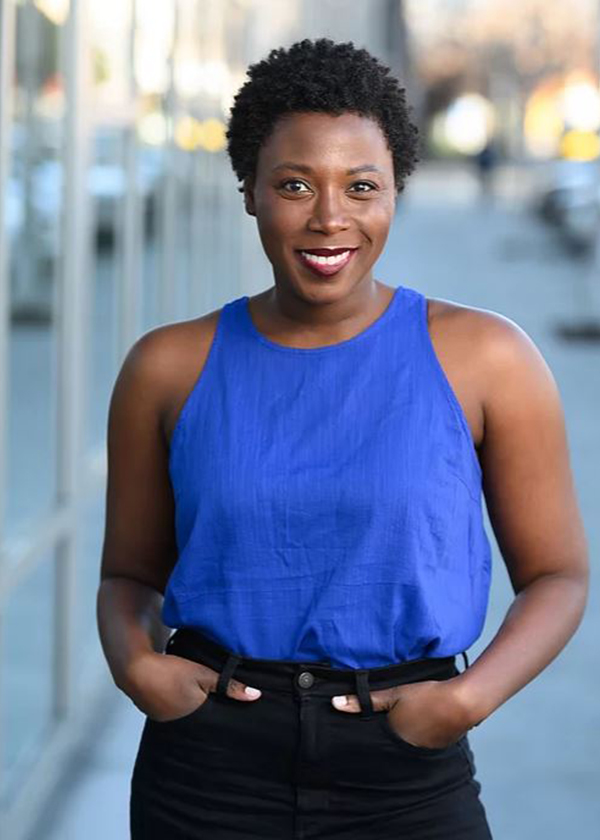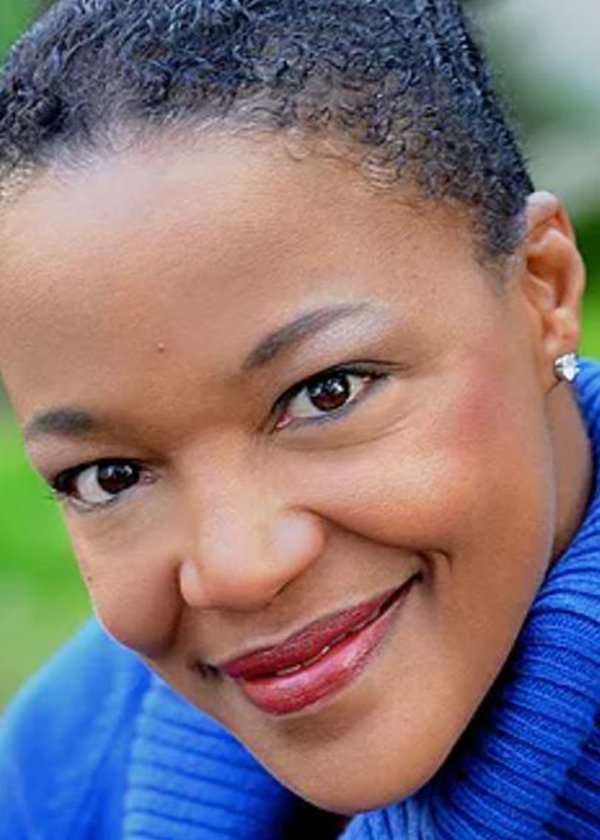
“Toni Morrison’s The Bluest Eye” Exposes a Black Girl’s Abuse—Streaming Aurora
Lydia R. Diamond Refocuses US on Poverty & Racism
by Patricia L. Morin & Barry David Horwitz
In Lydia R. Diamond’s audio-drama of Toni Morrison’s first novel, The Bluest Eye (1970), disembodied voices tell the tragic story of an outcast little Black girl. That girl, rejected and despised, lives in backwoods Lorain, Ohio, Morrison’s hometown.
In 1941 Depression America, Morrison’s Black women and girls, sunk in the depths of poverty, never have a chance. Her Black characters stand for generations of deprivation, depression, and despair.

An 11 year-old Black girl named Pecola Breedlove (touching Jasmine Milan Williams) is degraded by poverty and racism. Acting as narrator, Pecola’s friend Claudia MacTeer (passionate Jeunée Simon) tells us that Pecola worships Shirley Temple, and idolizes a blonde doll with blue eyes. Pecola has been tricked into ignoring her own culture’s physical and spiritual beauty.
The Shirley Temple ideal imposes white standards of beauty, so that diets, cosmetics, and surgery can flourish. Morrison’s intense, poetic story shows the result of white ideals forced on Black lives, crushing Black spirit.

Morrison shows us a gossipy, oppressed village that brands the Breedloves as “ugly.” Pecola internalizes the “ugliness.” Even her father Cholly (versatile Michael J. Asberry) ignores her. He abuses both Pecola and her mother Pauline (powerful Cathleen Riddley). No Black woman is safe from the internalized racism that rules them.

But Pecola yearns to see through magical blue eyes—to cure her supposed “ugliness.” We listen painfully to the feelings of a girl stigmatized as unlovable.
In despair, Pecola begs God: “Please make me disappear.” As she describes each part of her body disappearing, we can sense her losing touch with reality. Everett Elton Bradman’s music enhances mounting emotions, filling in feelings the adaptation leaves out.

The purely audio adaptation, with no visual characters, makes the dramatic thread difficult to follow. Sam Jackson brings other friends of Pecola to life. In fact, each of the five top-flight actors creates fascinating characters, adding dimension and depth.
In audio, Morrison’s novel turns into a dream play—an impressionistic collage of key characters and moments. Diamond’s adaptation shines a bright light on the story’s fascinating characters, but lacks a direct dramatic arc.
Pecola finally believes that Soaphead, the shady soothsayer (Asberry), has granted her wish. The tortured girl is thrust into a fantasy of having blue eyes, but she becomes even more exiled and ridiculed.

In her first novel, Toni Morrison, our Nobel Laureate, helps us see the impact of internalized racism in a Black community. Fifty years after Morrison published her stunning exposé of cultural tyranny, we have not yet escaped its power. The absent white culture is also still degraded by its condescending attitudes.
“Toni Morrison’s The Bluest Eye” helps us to consider our role in the unfolding story that proves how and why Black Lives Matter to us all.
“Toni Morrison’s The Bluest Eye” – adapted by Lydia R. Diamond, directed by Dawn Monique Williams, by Aurora Theatre, Berkeley, California. Streaming at: auroratheatre.org – to May 21, 2021.
Cast: Michael J. Asberry, Sam Jackson, Cathleen Riddley, Jasmine Milan Williams, and Jeunée Simon.
Banner photo: Toni Morrison. Photo: BBC